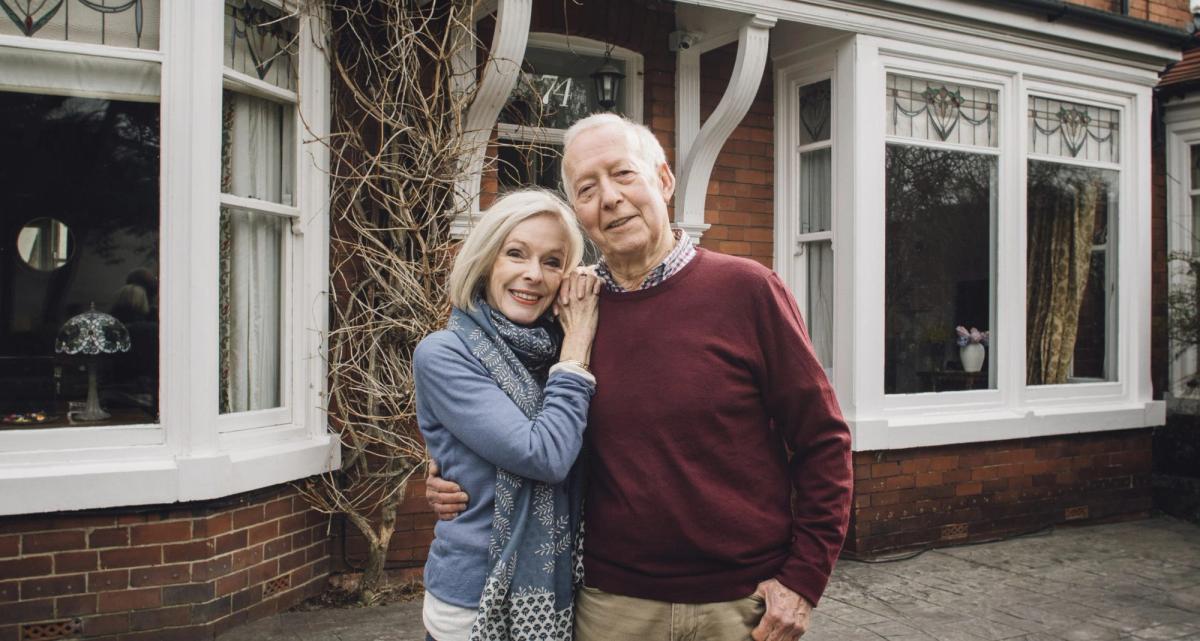Having Difficult Conversations About Estate Planning
A how-to guide for talking to the people you love about what happens when you die.

A How-To Guide for talking to the people you love about what happens when you die:
Most of us have been taught that politics, religion, and money are topics to avoid with family and friends. They are charged with emotion, highlight our differences, and lead to some uncomfortable interactions. Another topic people tend to avoid talking about—especially with our families—is what happens when we die. You know it’s important, but you steer clear of it anyway.
We want to help you to be better prepared to approach these awkward, but necessary, conversations about end-of-life preparations. Whatever your family dynamics look like, there are tips and tools you can use to have more empathetic conversations with your children, siblings, parents, and other loved ones.

Talking With Your Kids
Losing a parent is hard on a child, regardless of the child's age. But how you prepare your children for when you are gone will change over time as they grow older. School-age kids should be comforted knowing they’ll be taken care of by someone who loves them. As they become older teenagers and adults, it’s time to have more candid conversations about your estate plan, especially if you’ve selected one or more of them to be your:
- Agent on a financial power of attorney
- Trusted health care decision-maker
- Your executor
- Your trustee
They don’t have to be privy to every element of your plan, but it can be helpful to keep them in the loop on the location of your estate planning documents and how to access other accounts as needed.
If you’ve selected one of your children over another to be part of managing your estate, you might want to discuss your rationale—one child lives closer, is more organized, or is older—so there are no hard feelings among siblings. If your children will be responsible for your last wishes, outline the details in your estate plan and also discuss what you want to happen to your body (cremation, burial, donating your body to science), as well as specific instructions for your funeral or other type of celebration or ceremony. This also is an opportune time to discuss end-of-life health care decisions. A 2021 study found that although 90% of people think having conversations about their end-of-life healthcare decisions is essential, just over a quarter (27%) have done so. If you have an advance directive or living Will, your wishes should be spelled out, but discussing them out loud ensures there are no surprises.

Talking With Your Parents or Older Relatives
Once you’re an adult, it’s time to discuss with your parents what kind of plan they have in place. If you know they’ve neglected estate planning, you and your siblings or other relatives are going to be the ones trying to clean up the chaos when they die.
At some point, you also may be the person left to care for older aunts, uncles, in-laws, or grandparents. If these individuals have not designated anyone else to manage their affairs, discuss making your role more official, such as naming you as the agent in their powers of attorney, so you’ll be able to take care of financial and healthcare decisions for them.
If you have a good relationship with your siblings, try to get aligned before having a conversation with your parents so everyone is on the same page. And if you can’t seem to make any headway simply talking about the topic, try sharing informational articles, walking them through a digital estate planning site, or scheduling an appointment to meet with an estate planning attorney. You can’t force them to create an estate plan, but you can help to demystify and simplify the process for them.
Having The Talk
You don’t want to ruin a family celebration by talking about death, but if the holidays or birthdays are the only time you get together as a family, set aside a separate chunk of time to have an estate planning discussion. Be prepared for some emotion and be open to questions and differing perspectives. It’s important to be honest but not overwhelming. These are important decisions that need to happen, but they don’t all have to be finalized in one conversation. Focus on the fact that estate planning provides peace of mind for everyone—both the person dying and their loved ones left behind.
Having a loose agenda or checklist of topics can help ensure you cover all the essentials. Be sure to include Wills or Trusts, financial power of attorney, and healthcare power of attorney.
